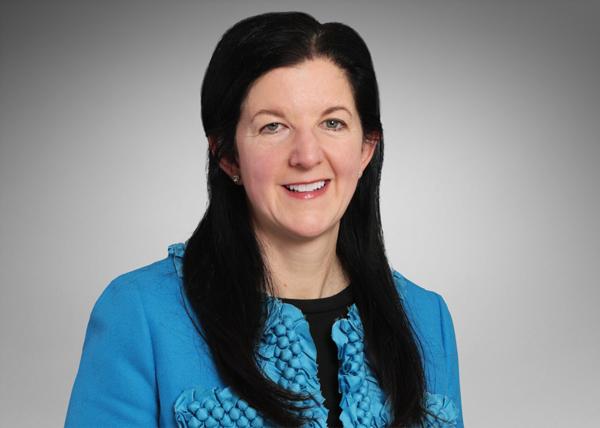The Colombian Finance Ministry published draft rules on significant economic presence (SEP) for income tax purposes and opened the draft for comments until July 15, 2023. The proposed regulation develops new rules adopted as part of Colombia’s 2022 tax reform requiring non-residents to pay income taxes on the sale of goods or provision of services to clients and users in Colombia. Broader in scope, the SEP requirement covers cloud data storage; activities involving data monetization; online intermediary services; online advertising services; digital content offerings; streaming and podcast services; subscriptions to audiovisual content; software development; and other digital and electronic services.
The 2022 tax reform law defined SEP as “deliberately and systematically” engaging with users or clients in Colombia and having generated gross income above a certain threshold (about $320,000 at current exchange rates) in the current or prior fiscal period from sales of goods or provision of services to clients and users in Colombia. The law defined deliberate and systematic engagement as having 300,000 or more users or clients in Colombia or displaying and allowing for payment of prices in Colombian pesos. For those subject to the tax, the law provides an option to pay a 3% rate on gross income from transactions in the country, in which case the income tax withholding will be waived, or to pay income taxes through the 10% income tax withholding.
The proposed regulation:
1. Defines certain terms for purposes of applying the 2022 tax reform SEP rules, as summarized below.
a. Clients: individuals, businesses or entities without legal status located in Colombia that pay for or hire the acquisition of goods or services offered by non-residents;
b. Users: individuals, businesses or entities without legal status located in Colombia that pay for or use a digital interface, identifying themselves with a username and password to access it;
c. Digital interface: any type of technological program, including websites and applications (including mobile applications) “or any other means,” allowing users and clients located in Colombia to engage or communicate digitally with non-resident individuals or businesses;
d. Digital services: services provided through the internet or an electronic network in an automated way, which require minimal human intervention by the service provider and that are impossible to provide absent information technology. The definition includes the services listed in the first paragraph of this alert but excludes other types of services such as technical, technical assistance, consultancy, and educational services.
2. Establishes criteria for determining whether a sale of goods and provision of services is made to users or clients in Colombia, and therefore, whether the seller or service provider has a SEP and is subject to Colombian income taxes. These criteria include the following:
a. The client or user is domiciled in Colombia;
b. The use of Colombian payment methods or credit and debit cards issued in Colombia to pay for the goods or services;
c. The shipping address is in Colombia;
d. The IP address of the device used for the purchase locates the user or client in Colombia;
e. The SIM card’s mobile country code (MCC) locates the client or user in Colombia.
3. Establishes the income tax-related requirements for companies with a SEP.
4. Adopts rules on the content of the forms to file the tax return and dates for doing so.
5. Adopts a mechanism for advance payment of the tax and for requesting a waiver from income tax withholding.
6. Provides that the regulation will come into force on January 1, 2024.
The SEP rules have stirred controversy both in Colombia and abroad. Local and foreign experts have warned that the rules contravene long-standing tax principles, could be discriminatory of foreign companies, and create disincentives for the development of Colombia’s nascent digital economy. In addition, critics have said that the rules undermine efforts by the Organization for Economic Co-operation and Development (OECD) for a multilateral approach to the tax challenges created by digitalization. In October 2022, several U.S. business associations raised concerns with U.S. Treasury Secretary Janet Yellen, U.S. Commerce Secretary Gina Raimondo, and U.S. Trade Representative Katherine Tai that the rules may be inconsistent with the U.S.-Colombia Trade Promotion Agreement because they would impose new duties on U.S. products and services and would disregard national treatment obligations. The broad scope of the new rules and the controversy surrounding that scope may create significant challenges for the rules’ implementation.
If you have questions or would like to discuss, please contact the Covington team members.
Back
Back






